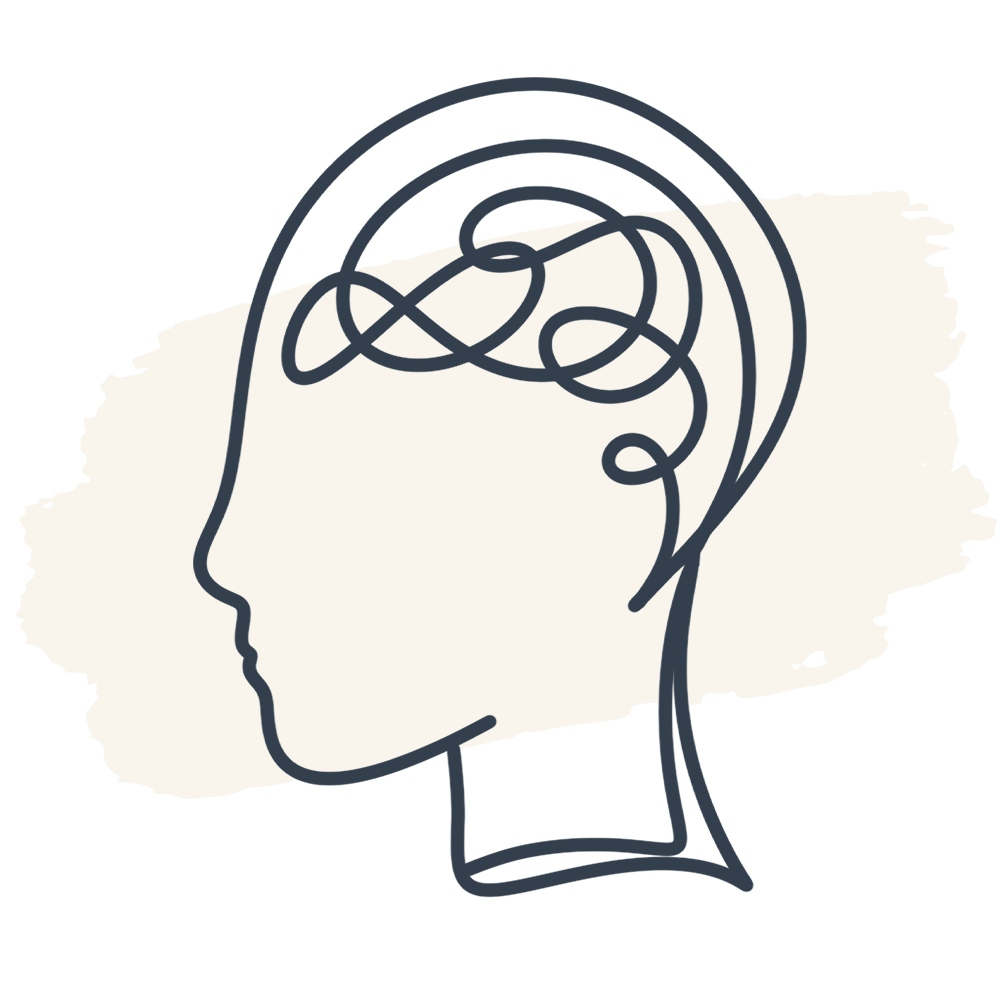Dementia is a progressive condition that affects millions of people worldwide.
Dementia has many causes; Alzheimer’s disease is the most common. Although it is more common in adults over 65, it is not a natural part of ageing. It is associated with an ongoing decline of brain functioning and can affect memory, speech, behaviour, personality, sleep patterns and more. Everyone has a unique experience of dementia and this depends on the cause of dementia, the stage of the disease, the parts of the brain affected, and individual characteristics.
The tips and guides here are designed to help those caring for a loved one living with dementia. They aim to help you understand the condition, find help and support and respond to some common concerns.
Explore our Dementia content
Disclaimer: These guides are not a substitute for medical advice – always seek professional help. Remember, healthcare professionals will not share information about a patient unless they have been permitted to do so.
Free eBook: Dementia Care
Growing numbers of carents are stepping up to care for older relatives living with dementia but many of you find it hard to access the information, and the practical and emotional support you desperately need.
That’s why we've created this guide, to help you understand and explore some common dementia care topics whenever and wherever the need arises.
Simply complete the form and the eBook will be sent to you via email.
How this information can help you
Understanding and managing Dementia
Learn about types, symptoms, ongoing care and recommended sources of advice and support. Read our guides and ongoing care checklist
Everyday Care at Home
Our guides cover a range of topics covering common aspects of care for someone living with dementia
Frequently Asked Questions
Addressing your common concerns about caring for a loved one with dementia.
Understand BPSD
Dementia can cause changes in personality and behaviour alongside psychological symptoms such as delusions and hallucinations. Exploring these topics can help you to understand and support someone who is affected by these symptoms.
Read more
Dementia Treatment and Care
Dementia Frequently Asked Questions
Discover our commonly asked questions about dementia.






